Column: Comparison is our weakness
Photo credit: Molly Solowitz
This image showcases the individuality that makes up each person. Our difference are what make us who we are and it is powerful when we accept ourselves, just as we are.
February 1, 2022
The most beautiful thing a person can do is recognize their individuality. What makes them stand out in a crowd of people, their aspirations and passions, or even the way they speak. I see individuality everywhere, from the backpacks students wear to the way in which they accessorize themselves. Filled with color and design, students at Archer know what it means to be unique, to have an identity apart from their peers. But what’s underneath the surface?
With the expectation of excellence lurking in the hallways, sometimes I notice that doubt follows accomplishment. Was I good enough? Did I make enough of a statement? Is my work better than theirs? Students will compare themselves to their peers. Whether that be through grades, sports, activities, leadership or even the amount of sleep they receive, comparison, no matter how small, is embedded within the culture at Archer. I am not saying all comparison is harmful to our self-image, but when resentment follows the success of others, we actively set ourselves up for failure.
When I look at one of my classmate’s grade on an assignment and I see they got a higher score than me, whether it be a whole letter grade or a couple of points, I tell myself I am not good enough. I tell myself that I should have studied another hour and shortened my sleep. I tell myself that it was because I went on my phone after hours of school and basketball practice rather than immediately starting to study. I tell myself that it is always on me for not being better. I look at a 90% and I don’t see a 93%. I look at a 93% and I don’t see a 95%. I look at a 95% and I don’t see a 98%. And it is always the worst when I look at a 98% and I don’t see 100%.
I don’t quite understand why I am always trying to be perfect, but it is the way I have always been. I think it is because the comparing I do in my head finally stops when I am the best. The hurtful comments I say to myself are silenced when I see a perfect score, a perfect shot or a perfectly completed task. But why? Why do I always need to be the best?
Well, it is because of my fear of individuality.
Our behavior and interactions with other people are indicators of the way we view ourselves internally. The instructions to living an unhappy life are written by the concept of comparison. Conditioning ourselves into viewing others’ successes as something we deserve teaches us to hold others at an enormously high standard of excellence. And at the end of the day, it hurts you more than it’ll ever hurt the other person.
When I look at myself, I don’t see the most intelligent, most athletic or the most beautiful person. I just see me. I see my obsession with all things sharks and my inner child coming out every time I get a new Lego set. I see my decision to watch cartoons over rom-coms or action movies. I see my innocent forgetfulness and my decision to choose kindness always. I see myself getting flustered when I receive compliments. I see all the pieces that work together to make something more beautiful than physical beauty: individuality. My friends think of me when they see shark decorations or a poem about self-image.
That is what makes me Marissa.
I feel the emotions of others deeply and care about my friends a little too much. I always put others before me even when it isn’t always beneficial. I like to cry when I am confused, upset or sad. I sometimes worry too much about what others, especially my friends think of me. I have amazing qualities that make me a good person but I also have not-so-great qualities that make me someone who is willing to grow.
Comparison is fed by the notion of generalized conformity. The desire for everyone to stand out is uncommon and leads us to believe that we must find the most capable and respected person, and simply be better. Although comparison can drive passion, it is passion based on greed. Wanting to be better than someone simply because they have something that you desire creates a sense of entitlement when really life is based on a whole lot of hard work and luck.
Once people realize that along with each person comes a set of rules, expectations, experiences, memories and desires, the second the mindset shifts. It stops being: “I want to achieve what this person has” and it becomes: “I admire this person for what they have achieved.”
Every person is looking to play the same game of life. Each person is unique and has a sense of individuality, different from the rest of the people they surround themselves with.
Comparison is our weakness. Individuality is our strength.
As individuals that make up a community, when we recognize that the one thing we are all truly best at is being ourselves, the comparison that threatens our ability to succeed disappears.





![Freshman Milan Earl and sophomore Lucy Kaplan sit with their grandparents at Archer’s annual Grandparents and Special Friends Day Friday, March 15. The event took place over three 75-minute sessions. “[I hope my grandparents] gain an understanding about what I do, Kaplan said, because I know they ask a lot of questions and can sort of see what I do in school and what the experience is like to be here.](https://archeroracle.org/wp-content/uploads/2024/03/grandparents-day-option-2-1200x800.jpg)




















































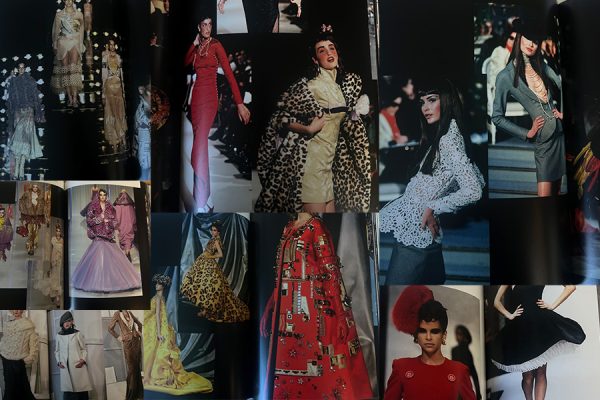
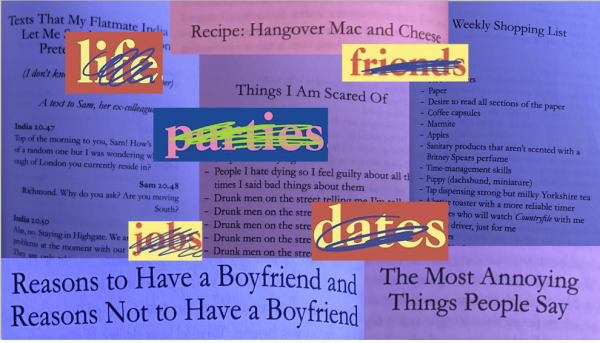


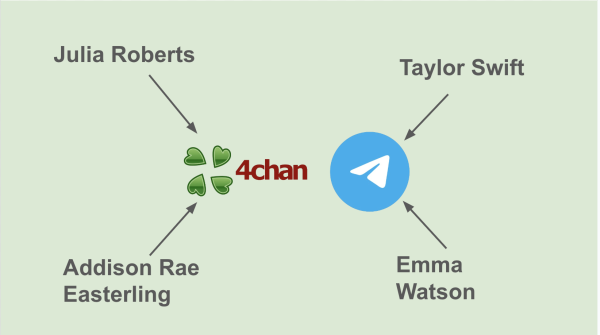

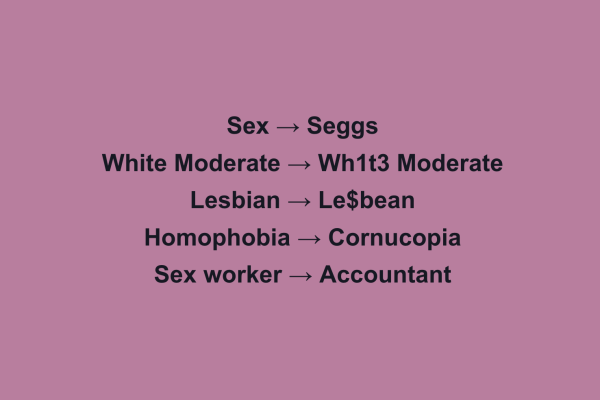

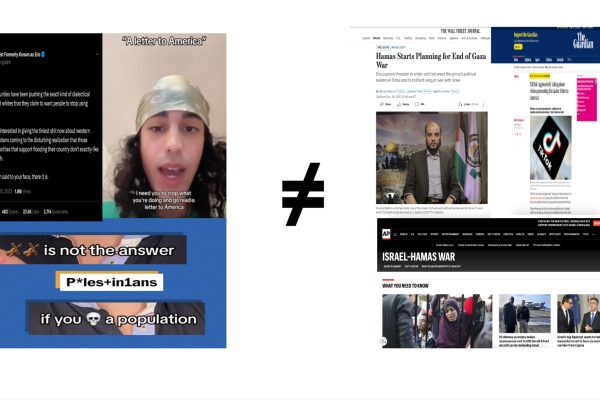

Alexis Hemphill-Elsea (Olivia's Mom) • Feb 11, 2022 at 8:47 pm
What an amazing article, full of authenticity and truth. Well done!
Tiffany Smith-Anoa'i • Feb 10, 2022 at 4:11 pm
Brava Marissa for expressing what makes you…YOU!
(and it’s more than ENOUGH). 🙂